testing
zu testzwecken
- 95 Posts
- 40 Comments
from the article:
Excerpts from Ollántay, a Quechua Play
LIGHT-FOOT
I have slept, and dreamt sinister things.
OLLÁNTAY
What have you dreamt?
LIGHT-FOOT
That I strangled a fox.
OLLÁNTAY
The fox was surely yourself.
LIGHT-FOOT
It is true that my nose grows sharp, and my ears long.
OLLÁNTAY
Lead me to Star’s house then.
LIGHT-FOOT
But it is still light out.
[…]
OLLÁNTAY
Run, Light-Foot; go tell [Star,] my beloved to wait for me this night.
LIGHT-FOOT
Just a moment ago, at night’s fall, I was in her home. And her house was deserted, and no one could give reason as to why. There isn’t even a single cat in this house! All doors are locked, except for the main entrance, which no one guards.
OLLÁNTAY
And the servants?
LIGHT-FOOT
Mice themselves, finding nothing on which to gnaw, have abandoned this house; and the owl, atop a roof ledge, sings a sinister song.
OLLÁNTAY
Perhaps her father has taken her, and hid her away in his palace.
LIGHT-FOOT
Perhaps he has strangled her. Her mother has disappeared as well.
[…]
OLLÁNTAY
My heart tells me she has disappeared from Cuzco, and the song of the owl sings, in a message meant for me.
[…]
STAR
How old are you?
BELLA
Very old, I imagine. Because, oh, how I detest this house, how it bores me, how time seems truly long.
SALLA (Bella’s Maid)
By my count, you must be ten years old, more or less.
[…]
OLLÁNTAY
Where is your mother?
BELLA
In a faraway corner of this house. Here it is, my lord, that my mother is consumed. Perhaps she is already dead.
[…]
MOTHER STONE
Is it real or is it a dream, seeing you here before me now, beloved king?
ASTROLOGER
It is my job to untie her, and console the wretched.
 1·15 hours ago
1·15 hours agofrom the article:
Notes
I first arrived in Palestine, through the Jordan corridor, with the Palestine Festival of Literature in 2016, accompanied by such elites as J. M. Coetzee and Saidiya Hartman. Though Hartman, the only other Black American on the caravan, passed through easily, I was barred for an hour at the first checkpoint. How come?
Where I mention “doubler consciousness” I refer to W. E. B. DuBois’s theory of Black persons’ double consciousness, which keeps divided interests between Blackness and what he called “Americanness” (or whiteness) ever within the confines of Black life. Can there be more?
Where I mention “slum,” see the aforementioned Saidiya Hartman and her expansive theory on the afterlives of slavery and their impact on what she calls the “fungible body.” The slum, she theorizes, is where we find such marked bodies. But is that the only place?
I want to thank Sharif Abdul Koddous and all the organizers of the Palestine Festival of Literature; Kristina Kay Robinson, in whose seminal, performance project Republica: Temple of Color and Sound we meet Maryam DeCapita; and Ru Freeman, John Hennessy, and Emily Everett for all their various help in (re)shaping and shepherding this poem toward its present form. But is it done?
any guess why visibility on lemmy has been heavily affected, whereas from microfedi things looked normal?
thank you!
no, you are not banned :)
modlog can confirm ;)
fedia.io has federation problems in general at the moment > see https://fedia.io/m/fedia/t/1226511
before i posted this thread, i had also checked the lemmy.world modlog to see whether i got banned etc - not at all
just tried to view one of your recent posts from microfedi via sharkey - impossible > otoh, viewing threads from fedia.io posted to lemmy which don’t appear at lemmy instances seems to be possible when i use sharkey (both link and thread type)
your thread never made it to lemmy.world @jerry
from the article:
Little-Little Man
Little-little man, little-little man: set free your canary, for she wants to fly… For I am she, little-little man: let me leap.
I’ve been in your cage, little-little man, little-little man, who gives me a cage. I say little because you have neither understood me, nor will you ever understand.
I don’t understand you either, but in the meantime open for me this cage, I want to escape; little-little man, I loved you half a wing’s worth; don’t ask me for more.
 1·2 days ago
1·2 days agothis article features links to three poetry films by ghayath al-madhoun:
(1) the city (2) your memory is my freedom (3) the celebration
from the article:
Poisonous Poetry [Excerpt]
[…]
Thing is, my snakes gorged themselves on poison ivy Nothing makes any sense if spoken in delirium show’s over, send gifts of poisonous bouquets poisonous poetry in the pores, I sweat poisonous poetry nothing makes sense if spoken in delirium show’s over, send gifts of poisonous bouquets poisonous poetry in the pores, I sweat poisonous poetry nothing makes sense if spoken in delirium show’s over, send gifts.
[…]
To view the full music video, visit: https://youtu.be/K3YVlm3_tt8.
 1·3 days ago
1·3 days agofrom the article:
“Note: this poem has no single reading order. It consists of twelve clauses that can be combined in different ways to form various readings. Across the top are the phrases “Thanks to recent military gains” and “Afghan women and girls.” Across the center are “Mrs. Laura Bush,” “lands at Bagram Air Base,” and “looted by the Taliban.” Four phrases are arranged in a diamond shape around “lands at Bagram Air Base.” They are: “plants trees in Kabul,” “can’t go to public parks,” “hands kaleidoscopes,” and “can’t fly kites in the sky.” The bottom line has the phrases “fights for the rights of,” “Afghan children,” and “after twenty years of war.” The diamond shape in the middle and the rearrangeable text evoke the titular kaleidoscope.”
“Some text taken from a Radio Address by Laura Bush on November 17, 2001 and from the White House archives of March 2005 about Laura Bush’s visit to Kabul, where she passed out red, white and blue kaleidoscopes.”

 2·4 days ago
2·4 days agofrom the article:
An Istanbul court on Sept. 18 held the first hearing of author Yavuz Ekinci on “terrorism propaganda” charges for his novel Dreams Divided (Rüyası Bölünenler) published in 2014.
The trial began with the attendance of many authors and civil society representatives.
In his defense, Ekinci rejected all charges and drew attention to the conditions leading to the banning of his book.
"Dreams Divided is the story of my home, my people, my village, my country. It is the story of those who wait endlessly by the window, in front of the TV, for news of their sons, daughters, or fathers. Whether you call them Saturday Mothers or Diyarbakır Families, Dreams Divided tells the story of this land,” he explained.
Ekinci continued, “What troubles me the most in this case, and what I’ve tried to understand since I first heard about it, is the mindset of the person who reported my novel to the Presidential communication system CİMER on the night of the second day of the massive Feb. 6 earthquake.”
“Amidst this horror, on the night of Feb. 7, someone took the time to report my novel to CİMER, accusing me of terror propaganda. While I felt ashamed even to sit, eat, or talk during those days, someone reported my book, thinking they were being patriotic,” the author said.
Ekinci held that his novel was a work of fiction. “The fact that the fictional world I created seems real to the court speaks to the power of my literature and the court’s approach to fiction. Suing a fictional universe is abstract. Judging, banning, and seizing it in today’s courts is political. To judge an artist based on characters and their words is an insult to art,” he contended.
The court decided to inquire with the Istanbul Security Branch Directorate about the publication date of Ekinci’s Dreams Divided and referred the case to the prosecution for an opinion on the merits. The trial was adjourned to Dec. 9.
Following the hearing, Ekinci made a statement in front of the courthouse. “This is not just a case against me, but a warning to all authors. No one can tell a writer what to write or how to write. We want literature to be discussed through new styles, not lawsuits,” he said.
What happened?
Following a complaint to CİMER on Feb. 7, 2023, one day after the Feb. 6 earthquakes, an investigation was launched into Yavuz Ekinci’s novel Dreams Divided, published by Doğan Kitap in 2014.
On March 14, 2023, Istanbul’s 7th Criminal Court of Peace issued a decision to seize the books. Following this, the Istanbul Chief Public Prosecutor’s Office also initiated an investigation.
(English version by Ayşenaz Toptaş)
from the article:
I
I think of that war the one chasing us all in all the ways to chase. “It’s time to forget” the delicate doves have told us… But what do doves know of the taste of blood, of the smell of mid-night screams? What do they know, If they wake up in their nests, and mankind in a ditch?
from the article:
Isle of Mine
With words that sing With words that weep With this long dismal wailing At the world’s edge of days And this penumbra Big as the hills With the muffled tam-tam Of our plains, before dawn With these words of hope And those of agony
I see you again, isle of mine.
With words that laugh And the blood spilt With the restless wind psalm-singing secrets With the dead wave And the moon’s mourning With the vast field of a singing assembly¹ of stars Sweeping away the misfortune of former time lost.
I see you again, isle of mine.
With your hot sand And the rumors of the night With the widowed hours of the _tic-tac of the pendulums with your name more beautiful than a pearl of sun resting upon the archipelago There, beneath sky’s blue
I see you again, isle of mine. With your hot sand With your dead wave With the widowed hours of the tic-tac of pendulums.
¹ Cumbite: An informal cooperative group of Haitians helping a neighbor get work done to the accompaniment of drumming and singing.
from the article:
video
in the last footage taken of the prime minister you can see him happy toying with his whip in the aromatic breeze off the flowering garden his hands—open like boards—slowed the landscape’s languid movement and his rough laughter put flocks of nightingales to flight
in the distance on the lake’s edge spoiled crocodiles with open jaws spurned the mutilated bodies of a few prisoners and their families
farther off the resplendent sun




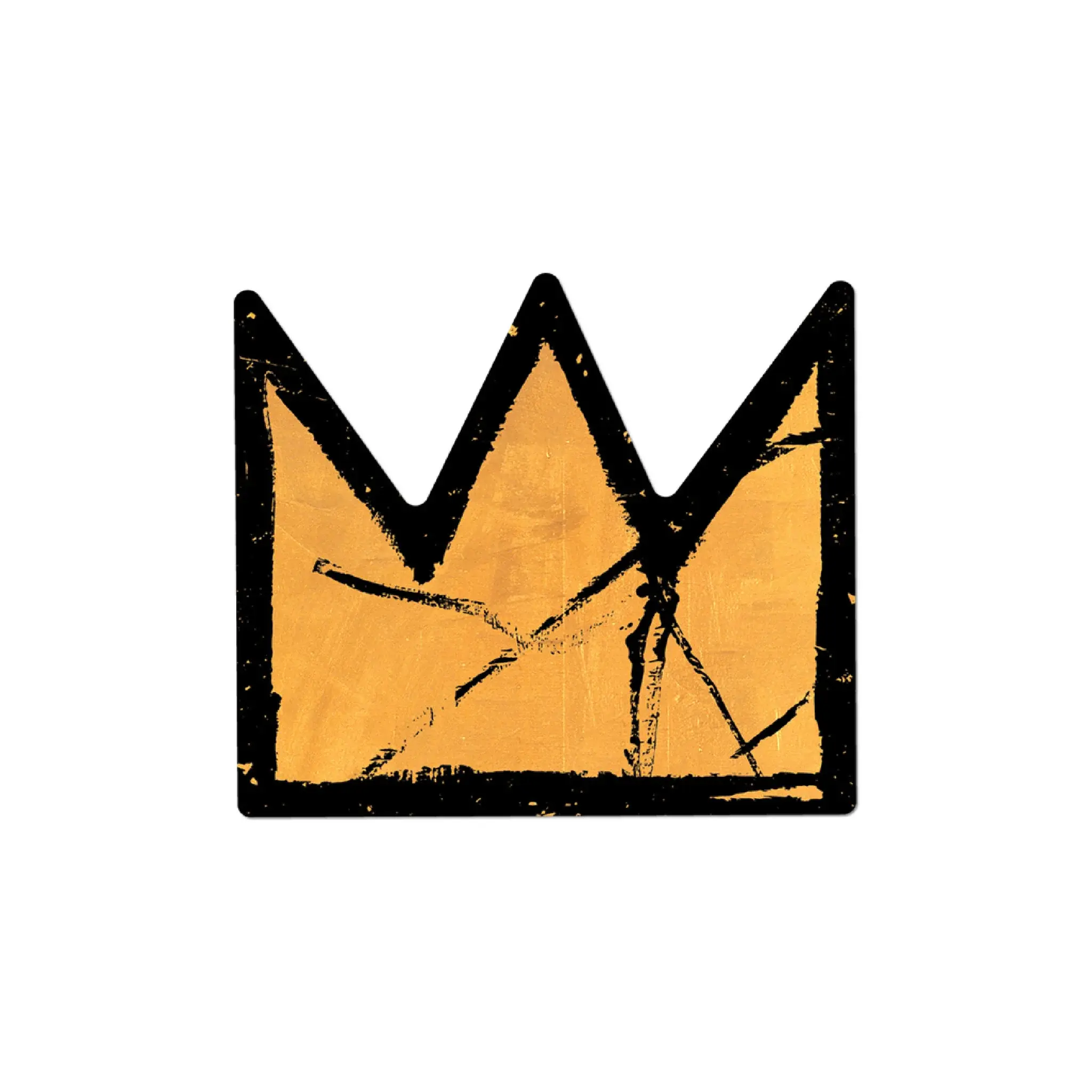


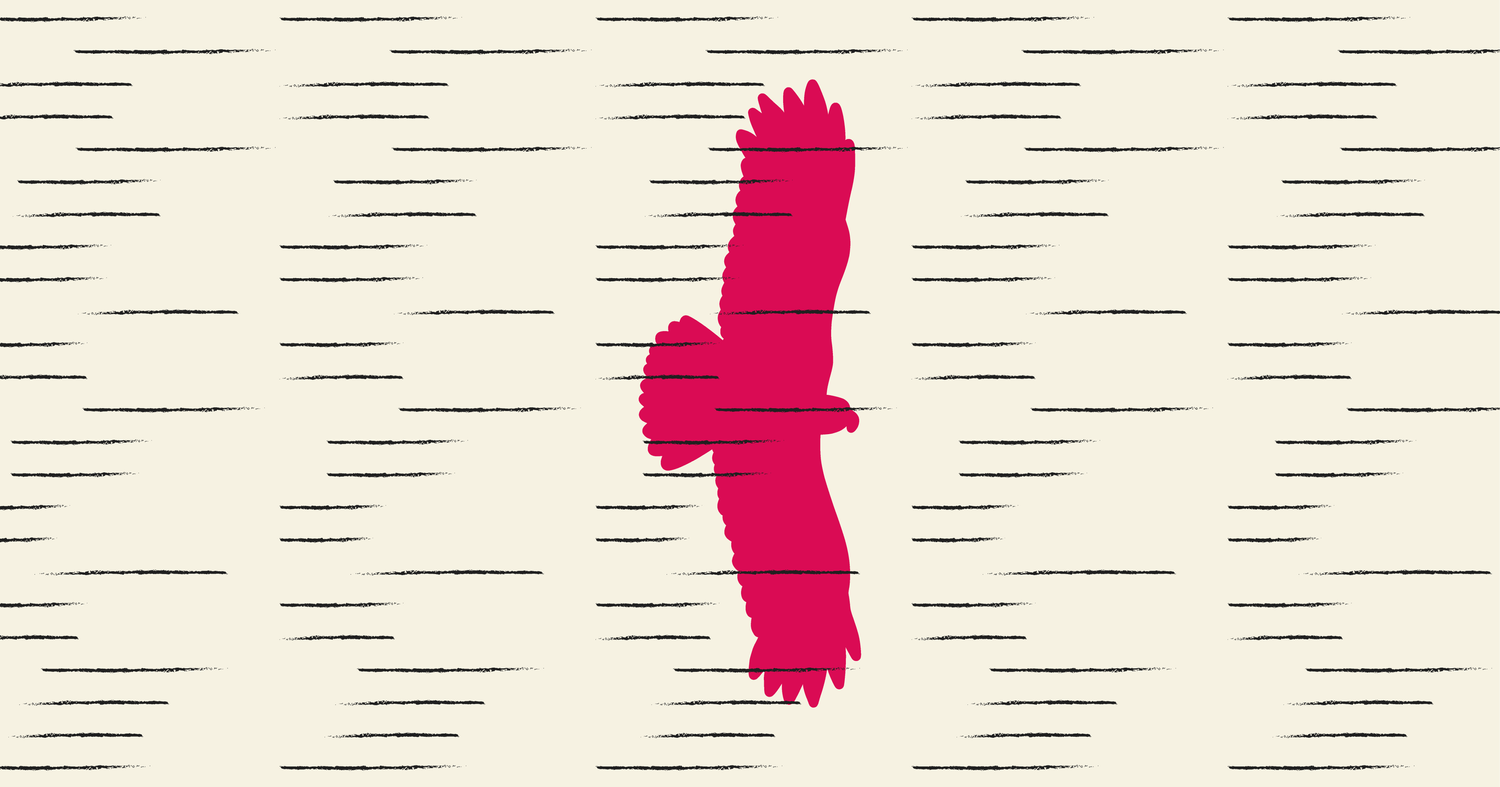



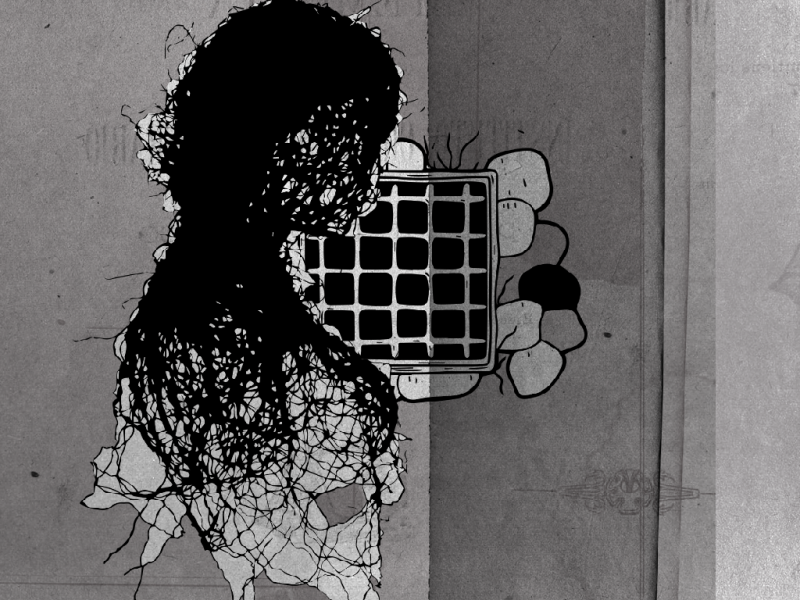
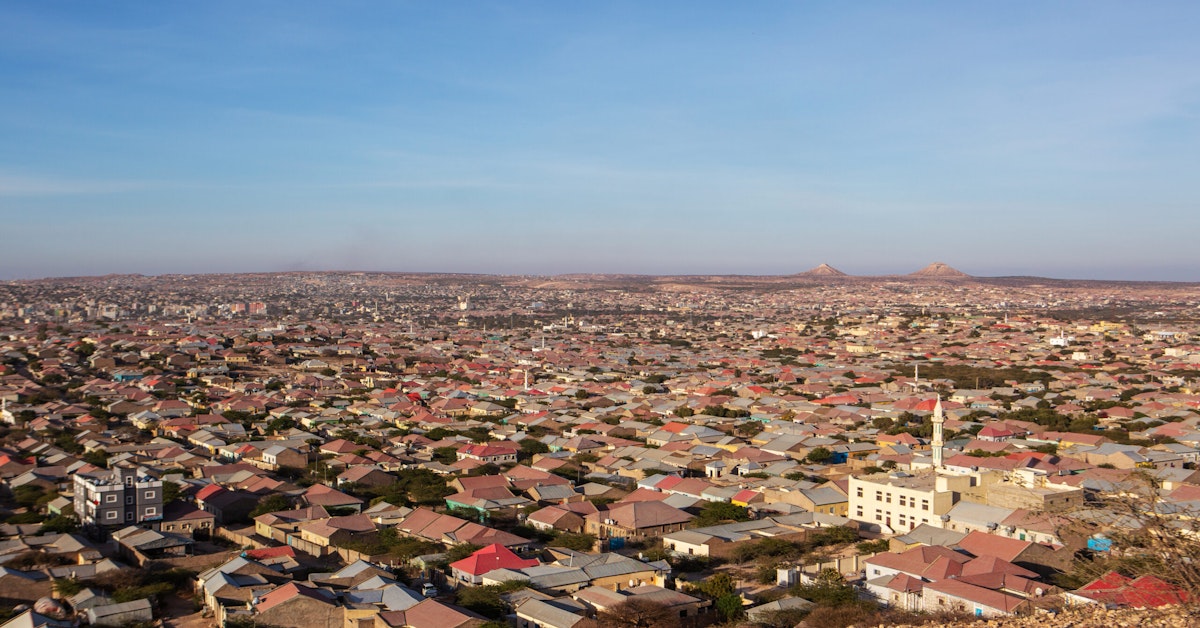
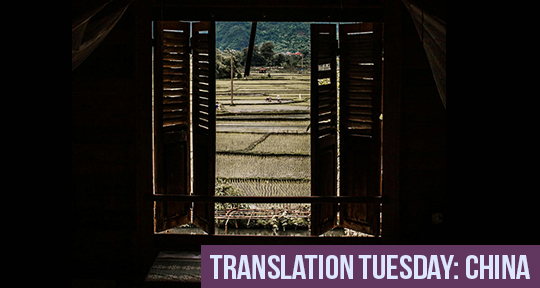
this article features links to three poetry films by ghayath al-madhoun:
(1) the city (2) your memory is my freedom (3) the celebration